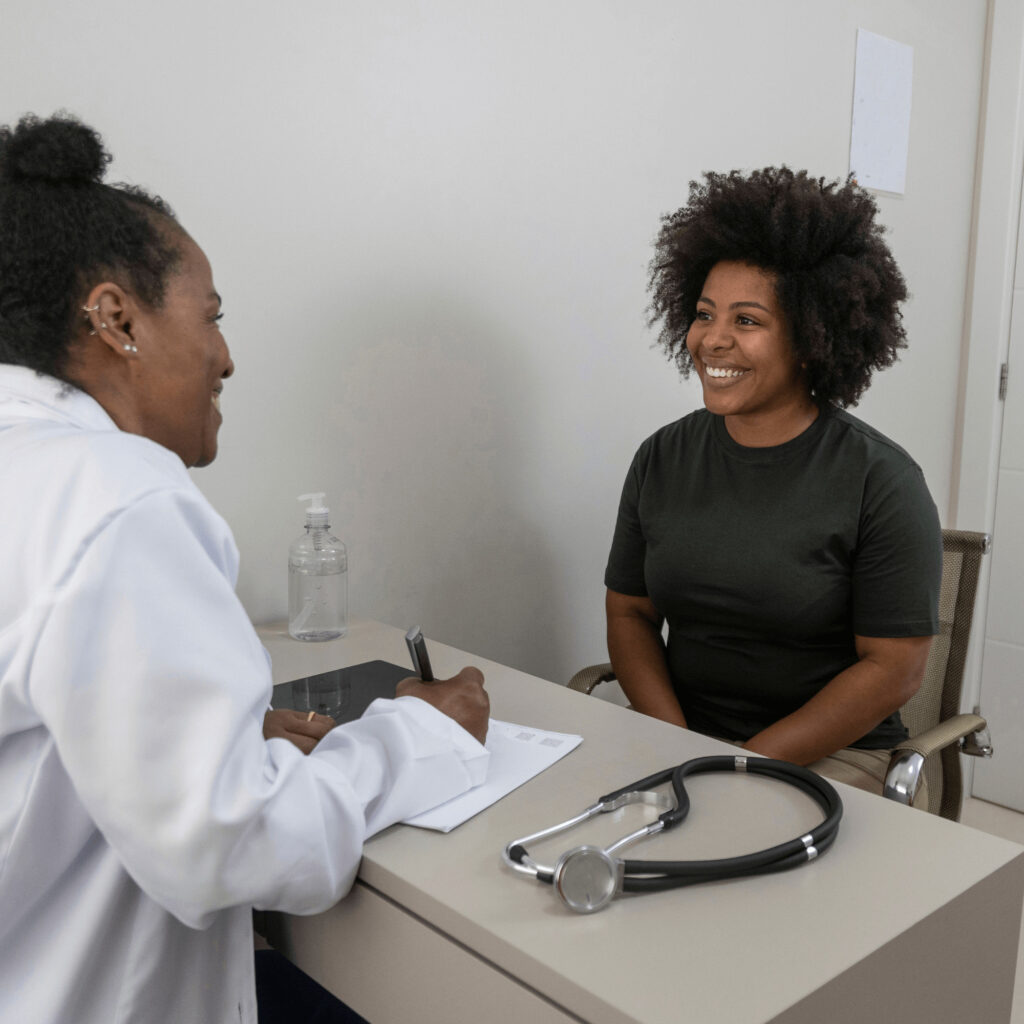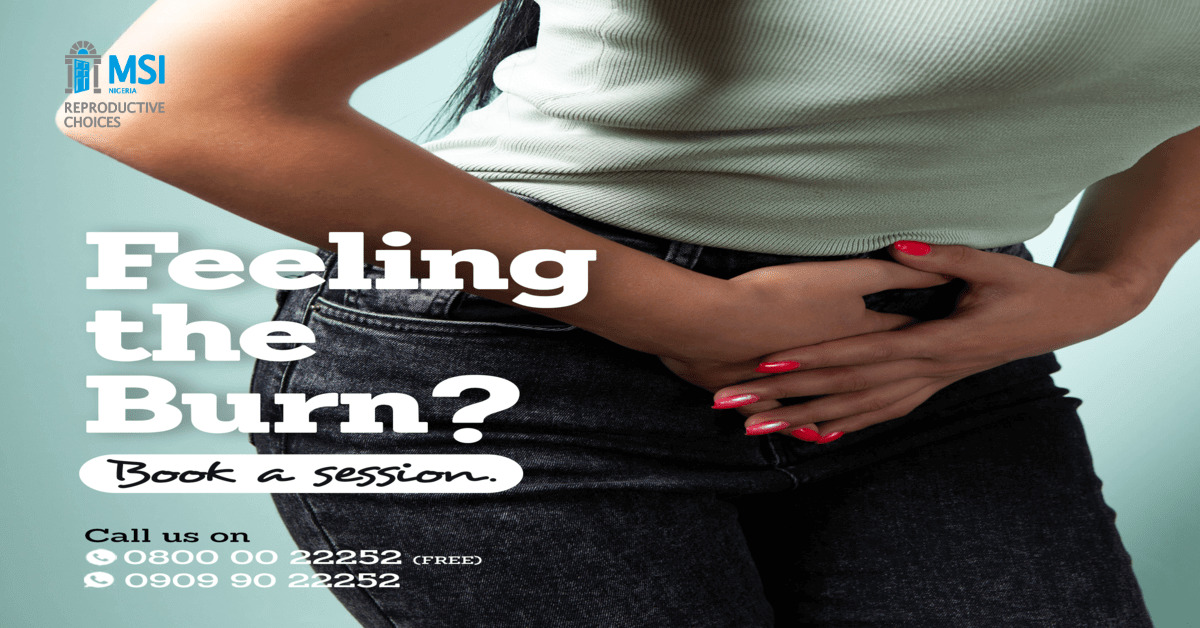
5 Things Every Woman Should Know about Their Reproductive Health
At some point in our lives, we have some burning questions about our reproductive health.
Ever wondered How your body works? Or why do you get a period each month? Or if you have a sexually transmitted infection?
A woman’s reproductive health plays an important role in not only her sexuality but her general health as well.
Here are 5 things we think every woman should know about her reproductive health.
1) All about your body: Let’s face it: women’s bodies are complicated! There are many different structures, muscles, nerves and hormones involved, and many women aren’t familiar with the fine details. But knowing and understanding how your body works is absolutely essential! Being educated on your body can not only help you have better conversations but can help you have a better sex life because you can communicate what you like (or do not like) with your partner.
2) More about your cycle: Even though women periods can be somewhat annoying (or even very Inconveniencing!), the menstrual cycle plays an important role in your health. How long is your cycle? Is it regular or irregular? Has your period or cycle changed recently? Having a basic understanding of the menstrual cycle can help you take charge of your reproductive health, be better prepared to deal with your period and even plan for or avoid unplanned pregnancy.
3) The symptoms of sexually transmitted infections (STIs): Did you know that most sexually transmitted infections have few, if any, symptoms? Even without symptoms, it is possible to transmit these infections to someone else or get them from another partner. Other infections, like chlamydia or gonorrhea, can have vague symptoms like pain with urination, vaginal discharge, or bleeding between periods. If you are not in a monogamous relationship, it is important to use barrier contraception like Fire Condoms and be tested regularly. In addition, some Human Papilloma Virus (HPV) infections are associated with cervical diseases, making it essential that you don’t skip your yearly pap smear or well-woman screening.
4) Fertility declines with age: A woman’s fertility begins to decline in her 40’s and will significantly decrease by the time she reaches her early 50’s. Despite numerous persons becoming pregnant in their 40’s, this definitely is not the norm as it varies with people. It is important to think about your family building goals early on and consider long acting or permanent options of family contraception.
5) There are many fertility sources available: Many women feel very alone and overwhelmed when starting a fertility cycle. They may not want to talk to friends about what they are going through, or not aware of just how many sources are available to them.
You can also speak with us for more information or screening recommendations; Our Medical centres are client friendly, highly confidential, and non-judgmental. We offer a variety of services from Sexual and Reproductive Health Consultations to treatments.
Speak with us on 22252 for free or visit any of our medical centres.








